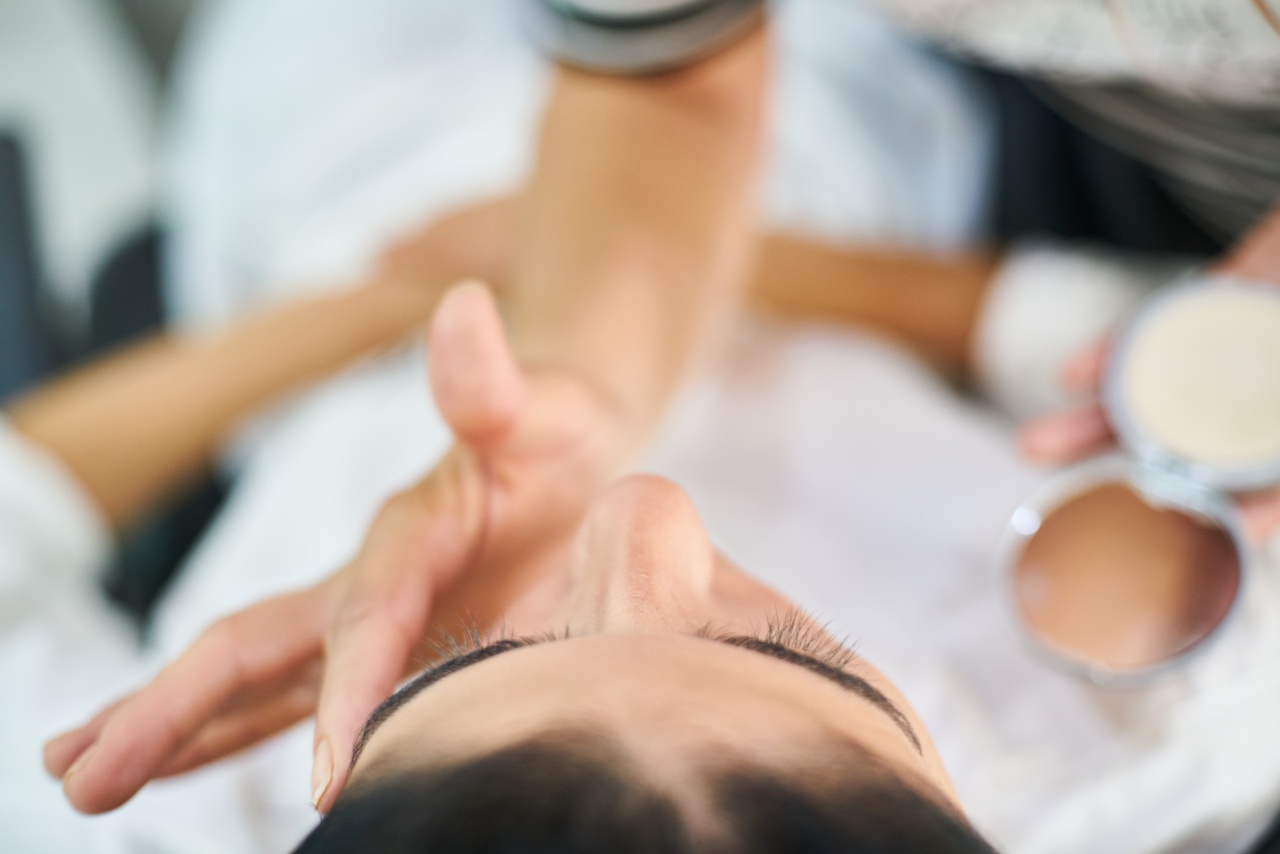When someone is going through cancer treatment, their skin often undergoes various changes and challenges. The powerful medications and therapies used in cancer treatment can affect the skin’s appearance, texture, and overall health.
Therefore, it is essential to have a comprehensive and gentle skincare routine to minimize discomfort and maintain healthy skin. This article provides valuable insights into skin care during cancer treatment and offers helpful tips for managing common skin-related side effects.
Understanding Skin Changes During Cancer Treatment
Cancer treatment, such as chemotherapy, radiation therapy, targeted therapy, and immunotherapy, can cause a range of skin-related side effects. These side effects may include:.
1. Dryness and Sensitivity: Cancer treatment can lead to dry, itchy, and sensitive skin due to the medications’ impact on the skin’s moisture balance.
2. Hyperpigmentation: Some cancer medications can cause changes in skin pigmentation, resulting in darker or discolored patches on the skin.
3. Radiation Dermatitis: Patients undergoing radiation therapy often experience radiation dermatitis, characterized by redness, itching, and peeling of the treated area.
This side effect is more prevalent in areas of the body where the skin is thinner or more sensitive.
4. Acne-like Breakouts: Certain types of chemotherapy may trigger acne-like breakouts or rashes on the face, chest, or back.
5. Nail Changes: Chemotherapy drugs can affect nail health, causing discoloration, brittleness, or even complete nail loss.
Essential Skincare Tips for Cancer Patients
By adopting a gentle and targeted skincare routine, cancer patients can effectively manage and alleviate some of the skin-related side effects. Here are some essential tips:.
1. Stay Hydrated
Drinking plenty of water helps maintain adequate hydration levels in the skin. Proper hydration assists in combating dryness, reducing itching, and promoting overall skin health.
2. Use Mild, Fragrance-Free Cleansers
Opt for gentle cleansers that do not contain fragrances or harsh ingredients. Regular soap can be too drying and irritating for sensitive skin during cancer treatment.
3. Protect Your Skin from the Sun
During cancer treatment, the skin becomes more sensitive to the sun’s harmful rays. Always apply a broad-spectrum sunscreen with at least SPF 30 and wear protective clothing, including wide-brimmed hats and long sleeves, when going outdoors.
4. Moisturize Regularly
Apply a moisturizer immediately after bathing or showering to lock in moisture. Look for products with gentle ingredients like aloe vera, shea butter, or glycerin that provide hydration without causing irritation.
5. Avoid Hot Water
Hot water can strip the skin of its natural oils, leading to further dryness and irritation. Use lukewarm water for bathing and limit shower or bath time.
6. Opt for Soft Fabrics
Choose clothing made from soft fabrics such as cotton to minimize friction and irritation against the skin. Avoid rough textures and tight-fitting clothes.
7. Be Mindful of Nail Care
Keep nails short to reduce the risk of injury or infection. Use gentle nail care products, and avoid acetone-based or harsh nail polish removers.
8. Practice Gentle Shaving Techniques
If hair loss occurs during treatment, gentle shaving techniques or electric razors can be less irritating to the skin than traditional razors. Avoid using harsh shaving creams or aftershaves.
9. Stay Cool
Avoid prolonged exposure to extreme temperatures, as both hot and cold weather can worsen skin dryness and sensitivity.
10. Communicate with Your Healthcare Team
Always keep your healthcare team informed about any changes in your skin, such as rashes, excessive dryness, or persistent itching. They can guide you with personalized advice and recommend suitable skincare products and solutions.
Conclusion
Paying attention to your skin during cancer treatment is vital to minimize discomfort and maintain good overall health.
By following a gentle skincare routine and adopting the tips mentioned above, you can help alleviate and manage the skin-related side effects of cancer treatment effectively.





























